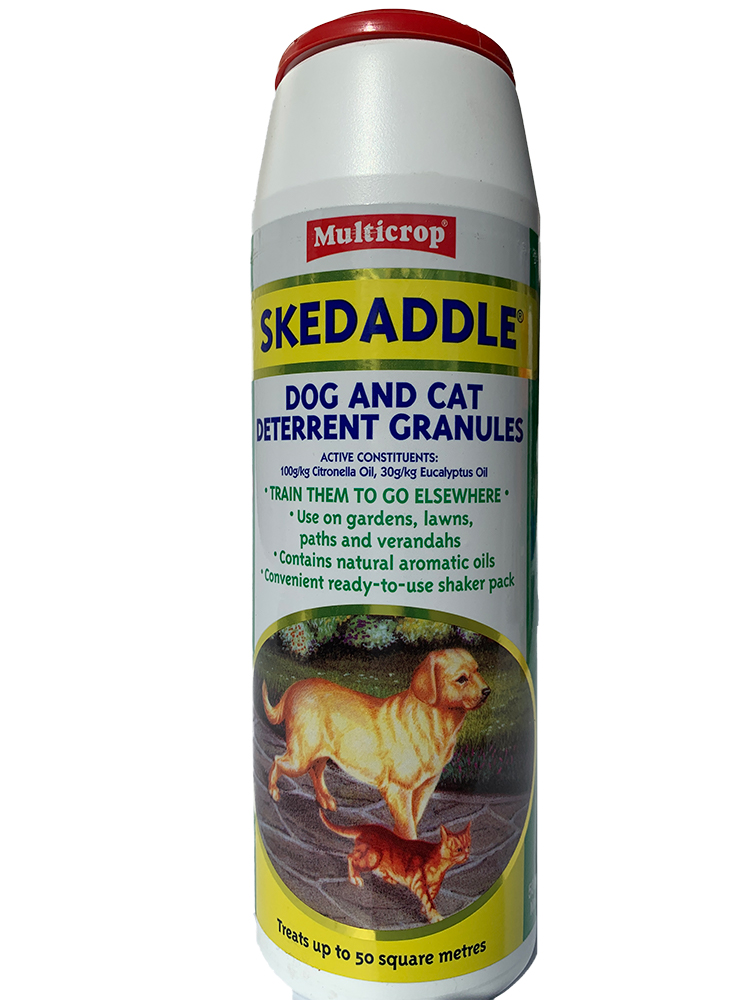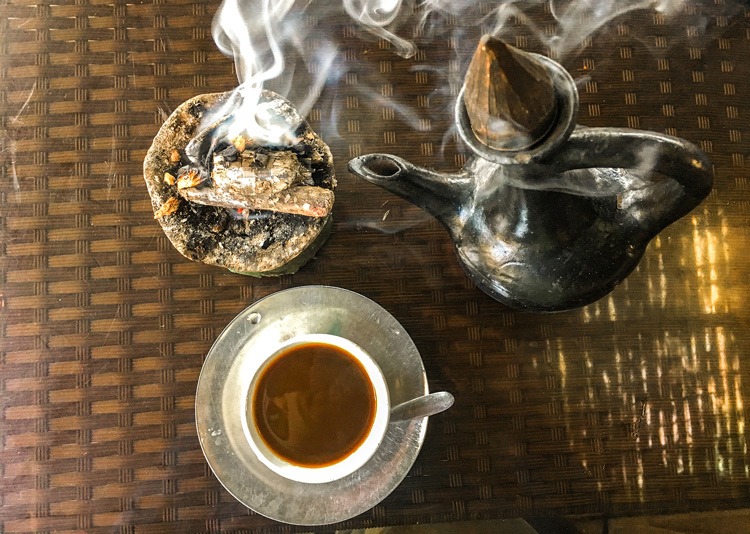

Murray summarized most of the existing guesses in the periodical Comments on Etymology and pointed to the word high-saluting. This is especially true of slang, the most volatile part of our vocabulary. Only in the rarest cases can there be “little doubt” about the distant origin of a word.

Among the putative etymons we find -flown (possibly influenced by – floating) -flying, pronounced with an intrusive vowel, that is, -falying -fluting, on account of the high pitch characteristic of orators and all kinds of tub thumpers or “pitching one’s pretensions, or boasting, or patriotic utterances in a high key” (compare the cautious suggestion given in the Oxford English Dictionary: “Perhaps a whimsical pronunciation of fluting, or a grandiose equivalent of flying or flown) and -flighting.” Mencken wrote: “There can be little doubt of its derivations from high-flighting.” As I never tire of repeating, beware of etymologists who preface their conclusions with no / little doubt, undoubtedly, and certainly. The other conjectures on the derivation of highfalutin have been rather uniform: most people thought that they were dealing with a combination of high- with a verbal form. He probably did not think that the second element of the compound was a participle. Finally, we see that Hotten did not hyphenate the word and spelled it highfalut en, not highfalut in, let alone high-faluting or high-falutin’. So I risk suggesting that the word is British, even though the first recorded examples are from the United States. I also doubt that The Times would have used it then in the middle and even at the end of the 19 th century it was customary in England to pity the coarseness of “our American cousins” and resent Americanisms. The parents of those whom Jack London met and described in his 1902 book The People of the Abyss (it is about the slums of the East End) would hardly have known and appropriated this piece of American political slang. I cannot imagine that by the middle of the 19 th century an Americanism mainly used at home in reference to the inanity and shallowness of official orations (this is the impression the earliest quotations make) reached Liverpool and even the East End of London. Unfortunately, Hotten’s derivation has been repeated in several popular books in which verloten was upgraded to an adjective meaning “high-flown, stilted.” But two other features of Hotten’s comment have hardly been discussed at all. The ghost of a Dutch etymon was raised once again in 1902, when a contributor to Notes and Queries traced -faluting to verluchting “an airing” ( luchtig “airy, thin, light unsubstantial, etc.”)-thus, “flighty talk,” another dead-end proposal. Dutch verlooten (now spelled verloten) is a verb (the infinitive) meaning “to dispose of a thing by lottery, raffle.” There is also Dutch loot “shoot offspring.” No connection can be established between either of them and highfalutin. We notice three things in Hotten’s entry: the spelling ( highfalut en), the use of the word in Liverpool and London, and the proposed etymology. Used recently by The Times in the sense of fustian, highsounding unmeaning eloquence, bombast.” (Note how often the names of cloths end up meaning ‘pompous speech’: here fustian and bombast, both reflecting the idea of padding.) Hotten’s dictionary appeared in 1859, but I was quoting from the third edition (1864). But before sharing my small treasure with the world, I would like to quote the explanation given in John Hotten’s Slang Dictionary (the spelling and punctuation of the original have been retained): “ Highfaluten, showy, affected, tinselled, affecting certain pompous or fashionable airs, stuck-up-‘Come, none of your highfaluten games:’ American Slang, now common in Liverpool and the East End of London, from the Dutch Verlooten.

As will be seen, I have only one feeble idea and am offering it in the hope that, despite the lack of a persuasive solution, it may redirect the search for the source of this enigmatic adjective. My thoughts on highfalutin are low-key for an obvious reason. I was neither the first nor the second to discover it, but I put some polish (“kibosh,” as sculptors said 150 years ago) on it. Many years ago, while investigating the history of skedaddle, I think I found a reasonable source of this verb.

Allegedly a nineteenth-century Americanism, highfalutin is now known everywhere in the English speaking world, but, as could be expected, its etymology has not been discovered-“as could be expected,” because the origin of such words is almost impossible to trace.


 0 kommentar(er)
0 kommentar(er)
